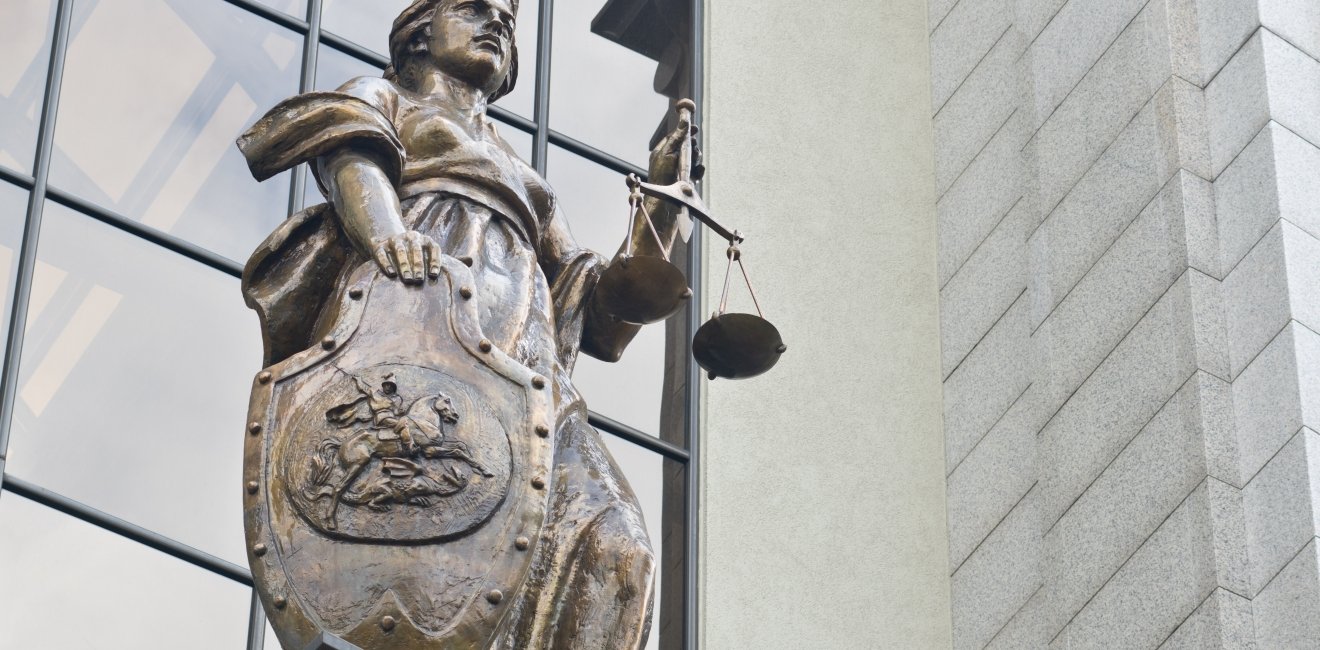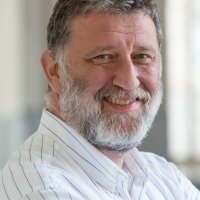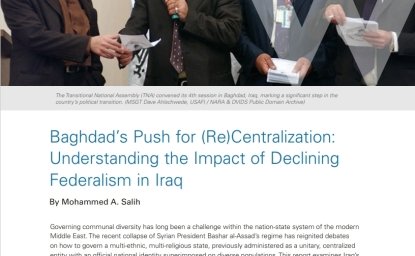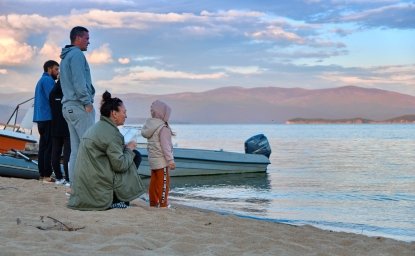Natalia Taubina is a human rights activist and has been working as Director of the Public Verdict Foundation since 2004.
Read this interview in Russian HERE.
Q: What has been done and what can be done to better educate professional journalists and bloggers, as well as all citizens involved in the work of NGOs or civic initiatives, who might be affected by the latest restrictive Russian legislation, which creates the risk of being declared a foreign agent? Can and should socially active citizens and professionals be educated in how to protect themselves against an assignation of foreign agent status and about their rights when that status is assigned? What has been done or can be done to better educate and equip the lawyers to tackle these new tasks?
A: I adhere to the view that the only thing that can protect a person from the risk of getting assigned the foreign agent status is to stop being an active citizen, stop writing, stop voicing one’s opinion about what is going on around you or about the situation in Russia. All these new restrictions are formulated in such a way that practically any active person can become a “foreign agent.” Meanwhile, I have no doubt that it [this legislation] will be applied in an arbitrary manner. They will start with those who inconvenience the regime the most, and then go to the people, so to speak. And there is only one goal—to sow fear, cut off support for civic activism in Russia—to make it unpopular, dangerous, if you will.
And this is where it all depends on us, on whether we want to withdraw into the shadows, stop being active. Whether we want it to be taken from us—the right and the opportunity to do good, to try to improve the life around us. Whether we want to be confined within strict boundaries—where one is allowed to do this but not that, simply because people in power consider that activity harmful.
Stemming from this premise, I do not think that education—in the precise meaning of that word—can be of much use here or can contribute to a defense. Raising awareness as widely as possible, on the other hand, informing the public about what amendments have been adopted, what risks they are associated with, and so on, is a much-needed activity. And it is important to continue raising awareness so that the public does not forget. For me personally, it is less about people knowing and fearing and more about them knowing and disagreeing, which would create maximum inconvenience for the authorities—the situation when society (society as a whole, not just individual activists, journalists, bloggers, human rights advocates, environmentalists, and so forth) expresses its aversion and publicly rejects these new restrictions.
As for educating the lawyers, I think it is important now to create favorable conditions for the lawyers who already specialize in these matters so that they might discuss different strategies and possibly develop common approaches to the legal assistance they would provide to those who are labeled “foreign agents.” It is also important to expand the circle of such lawyers and teach them legal defense techniques. Amendments are formulated in such a way that their application can take very diverse forms. We have already been through this with the law on foreign agent NGOs, when unequivocally humanitarian projects were deemed political and when things like reimbursement for the travel costs of a staff member who attended an international conference was deemed foreign funding. When these amendments start being applied in practice, it will be useful for lawyers to share their experience with one another.
Q: Lev Ponomarev decided to close his human rights organization. Daria Apakhonchich sued the Ministry of Justice to challenge her foreign agent status. Is there an optimal strategy when it comes to dealing with foreign agent legislation and other restrictions of basic freedoms? Which legal requirements is it more feasible to try to get canceled or to challenge in court? Which would it make more sense to simply comply with in the moment?
A: For me, the optimal strategy is to preserve, to the maximum extent possible, my mode of operation and the approaches and principles I have relied on so far. Let me illustrate this point using the example of our organization, the Public Verdict Foundation. We were included in the registry of foreign agents against our will, among the first ten Russian NGOs. We have challenged this decision in Russian courts at the national level, lost, filed our complaints with the European Court of Human Rights, and are waiting for its decision. But we continued our work as a Russian legal entity and continued receiving international financial support on the same principles as before: we draft the projects ourselves and describe the activities that we consider important to carry out in order to improve the human rights situation in the country. We take part in grant competitions with transparent participation conditions and account for every ruble spent. Yes, we submit the [required] reports (as practice has demonstrated, reporting is the smallest inconvenience caused by being a “foreign agent”) and do not conceal our status, but we also publicly report on our work so that people would see who the “foreign agents” actually are. And it seems to me that it is time to promote an idea in the public space that being a “foreign agent” is a true seal of excellence rather than something shameful.
Now, the point is that an individual person—me, for instance—can be designated a foreign agent. OK, let’s say they put me on the register against my will. I will challenge that in the courts and will most likely lose. Then I will need to go to the ECHR. I may get a fine for not applying for the foreign agent status voluntarily, and this I will also challenge in the courts. But I will continue doing what I have been doing before.
As for what is reasonable to comply with today, well, there is, for instance, a requirement that staff members of “foreign agent” NGOs mention that they work for a foreign agent in publications and in their interactions with government agencies. The fine for not mentioning is 5,000 rubles [68 USD—ed.]. As we know from practice, when NGOs themselves fail to mention their status, they may get a fine for every publication without such a disclaimer. I believe that here one should determine for oneself the mandatory minimum for when to mention the status and when not, in order not to encourage the extended application of this restriction. For instance, if my Instagram account has nothing to do with my work, then I do not deem it necessary to mention the foreign agent status there. If I go to a government agency to discuss an issue related to my apartment, I also do not consider it necessary to make a side note that I am an employee of a “foreign agent” NGO. But on Facebook I mostly write about things that have to do with my job, so I have put the disclaimer in my profile. If I address a government agency on behalf of my organization, then I have to mention the status, but when I sign a change.org petition, then I don’t, even if this petition is related to what Verdict works on.
Legal enforcement of the restrictions imposed on physical persons labeled foreign agents has not yet begun. The Ministry of Justice hasn’t even drafted the report forms yet, so it is difficult to say which requirements ought to be complied with and which not. But I certainly do not think it would be a right call to apply for the foreign agent status voluntarily.
Q: In light of the relatively small independent media sector that still exists in Russia, under these circumstances do you see the possibility to continue critical coverage of social problems and topics that people in power find unpleasant (including corruption, the inefficacy of government bodies, and the incompetence of high-ranking public officials) without getting attacked by the state? In that respect, are there riskier and safer strategies?
A: I believe that under the current circumstances, any critical coverage creates the risk of an attack from the state. On the other hand, I believe that criticizing the state regarding social affairs is less risky than criticizing government policies regarding public protests or criticizing law enforcement policies.
Q: When many readers and viewers declare they “completely avoid bad news,” and large state-affiliated media have an almost unlimited capability to fight for audience share by offering entertaining content, how can “socially oriented” media still attract and expand their audience when covering such weighty topics as political persecution, police brutality, and the injustices of the judicial and penitentiary systems?
A: I think [the media should] tell more stories of ordinary people, rather than just write about celebrities and famous figures; [they should] write more about successes. Yes, things are bad here: the court system is not functioning properly, the law enforcement system safeguards the interests of people who are now in power rather than the interests of society, dissent is suppressed, there are a huge number of environmental problems, and so on. But NGOs, activists, and advocacy groups manage to achieve some success in each one of these complex areas. This is what [the media] should cover more and should write about more frequently. They should dig these stories up, share them, tell about the heroes of these success stories, about the paths they have traveled. In the first place, this inspires optimism. Second, it inspires belief in the possibility of achieving something. And third, it helps expand the circle of people who are ready to start fighting for justice, dignity, and a favorable and healthy environment.
The opinions expressed in this article are those solely of the author and do not reflect the views of the Kennan Institute.







